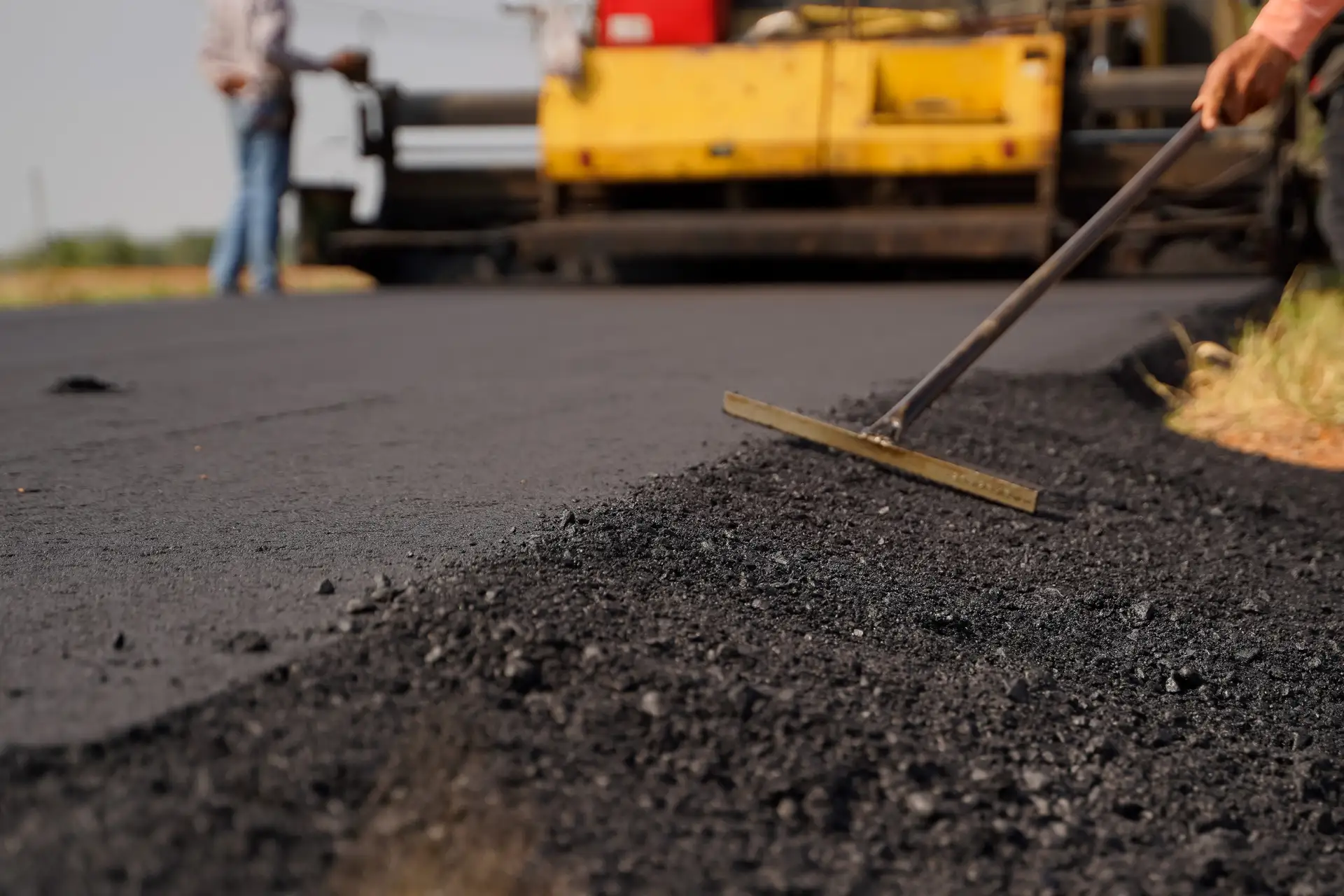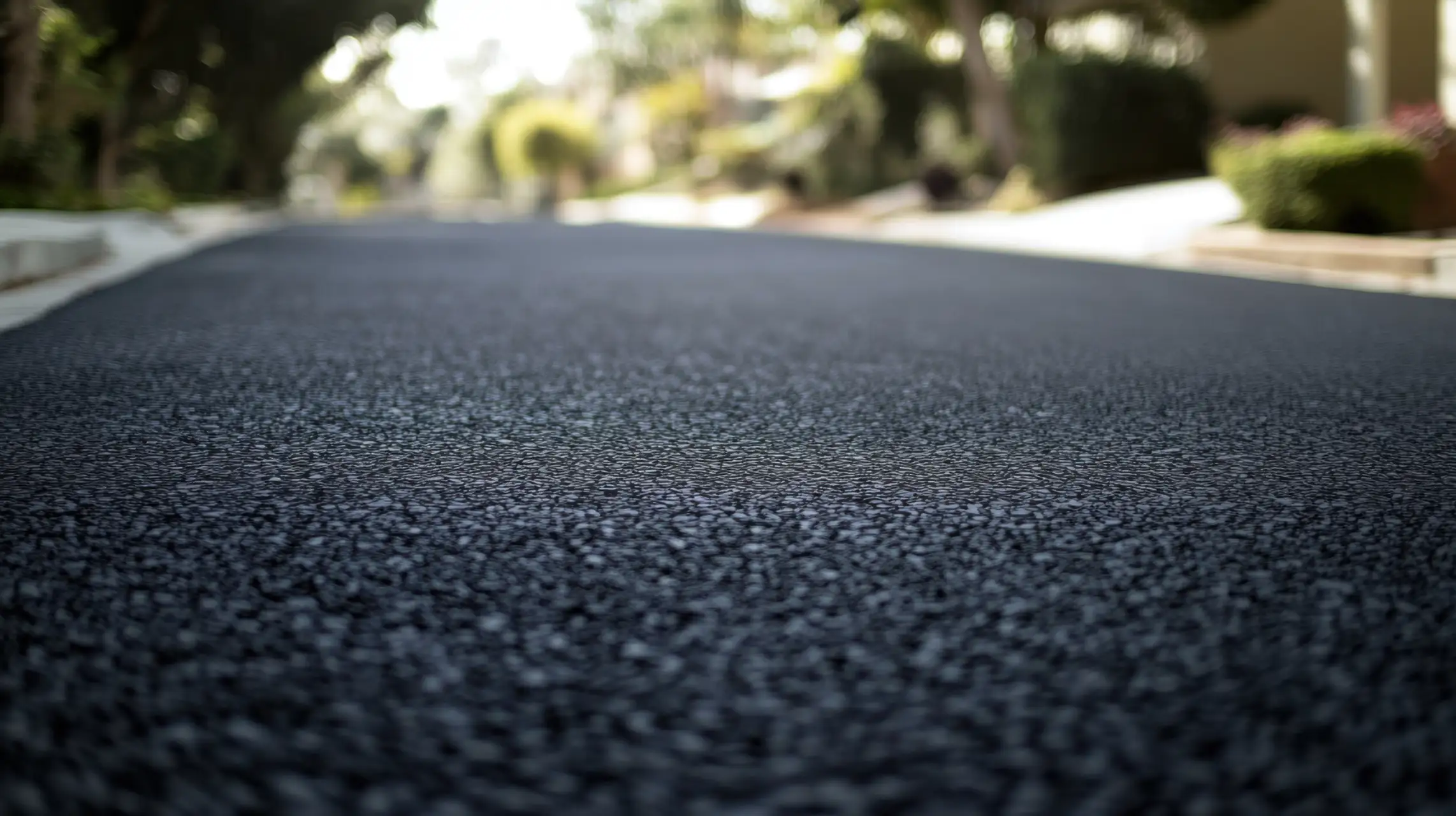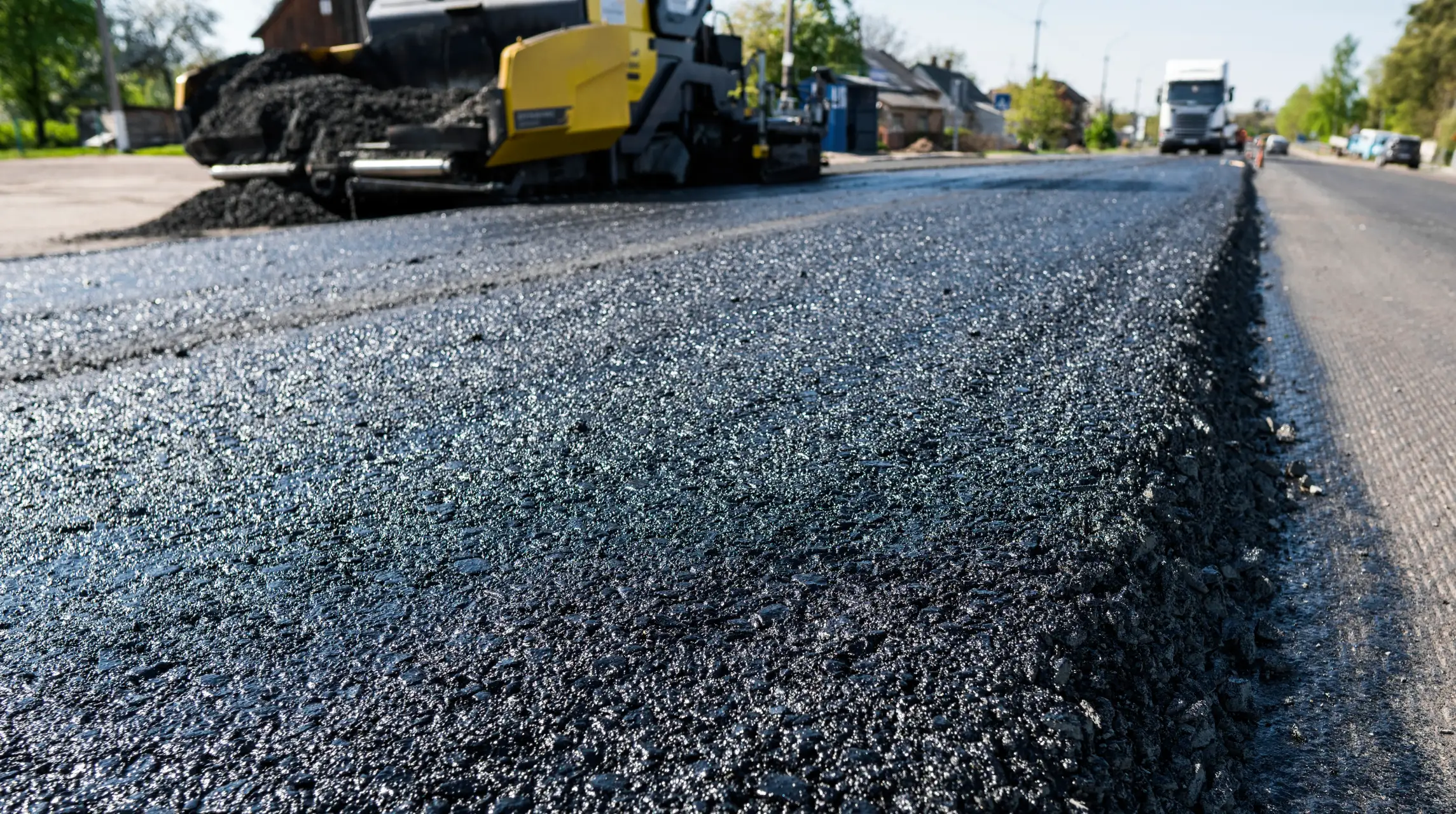Introduction
Choosing between asphalt and concrete for your paving project is a significant decision. Each material has its unique advantages and challenges, making it essential to understand which option suits your needs best. In this post, we’ll compare asphalt paving and concrete, taking into account factors such as cost, durability, maintenance, and aesthetics. By the end of this article, you will be better equipped to make an informed decision.
Asphalt Paving Overview
Asphalt is made from a combination of bitumen (a byproduct of petroleum), sand, and aggregate. It’s a popular choice for both residential and commercial projects due to its cost-effectiveness, quick installation, and smooth finish. Key benefits of asphalt paving include:
- Affordability: Asphalt is generally more affordable than concrete, making it a preferred choice for homeowners and businesses on a budget.
- Quick Installation: Asphalt dries faster than concrete, allowing for quicker completion of projects.
- Durability: When properly maintained, asphalt can last up to 30 years.
- Flexibility: Asphalt is more flexible than concrete, making it less prone to cracking in colder climates.
Concrete Paving Overview
Concrete is made from cement, water, and aggregates. It’s known for its long lifespan, strength, and ability to withstand heavy traffic. While it’s more expensive than asphalt, it offers significant benefits, including:
- Longevity: Concrete typically lasts longer than asphalt (up to 40 years).
- Low Maintenance: Concrete requires less maintenance compared to asphalt, particularly when it comes to sealing and crack repairs.
- Aesthetics: Concrete can be stamped, colored, or textured, allowing for a more customizable and decorative finish.
- Heat Resistance: Concrete is more resistant to extreme heat, making it ideal for areas with high temperatures.
Key Differences: Asphalt vs. Concrete
Let’s break down the key factors that influence your decision between asphalt and concrete:
- Cost: Asphalt is usually more affordable upfront, but concrete can be more economical over the long term due to its longer lifespan and lower maintenance costs.
- Maintenance: Asphalt requires more frequent maintenance (such as sealcoating and crack sealing), while concrete is relatively low-maintenance but may need repairs for cracking over time.
- Durability: Both materials are durable, but concrete can handle heavier traffic and is less likely to develop potholes. Asphalt, however, is more flexible and better suited to cold climates.
- Installation Time: Asphalt can be installed quickly, while concrete takes longer to cure and harden.
Conclusion
Both asphalt and concrete have their merits, depending on the needs of your project. If you’re looking for an affordable, flexible option with quick installation, asphalt might be the best choice. However, if you need a long-lasting, low-maintenance solution and have a higher budget, concrete could be the right option for you. Contact Moore Asphalt NC to discuss which paving material is best for your property and get a free estimate today!




